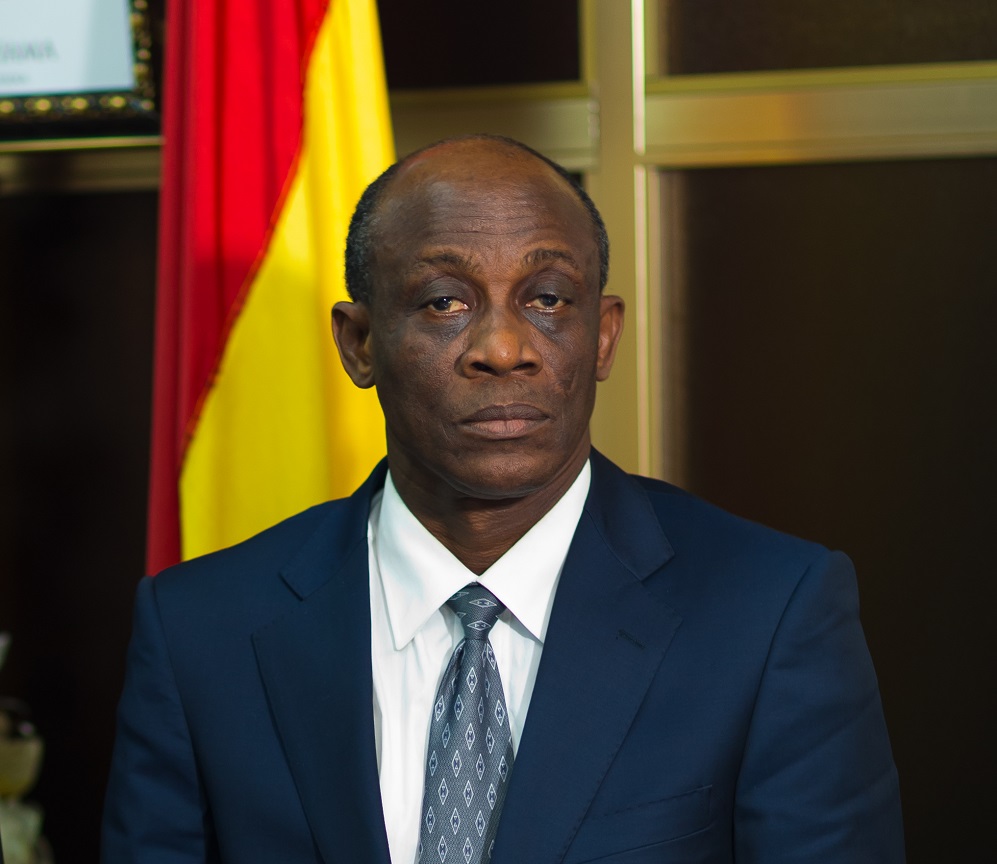Former Finance Minister under the Mahama administration, Seth Tekper, has urged government to focus on getting a good and solid bailout programme from the International Monetary Fund (IMF) rather than push for a fast one not well thought through which will not help the situation.
Ghana is before the IMF for $3 billion to help the country navigate through the hostile economic crisis it finds itself in as a result of the adverse effects of the deadly coronavirus pandemic and the ongoing conflict between Russia and Ukraine.
Speaking during a press interaction on the state of the national economy and the ongoing negotiations with the IMF, Tekper stressed that “getting a programme done is a must,” considering the dire state of the economy and the inability of the country to access the international credit market, a situation which has been compounded by the downgrade of the country’s creditworthiness by credit rating agencies, Standard & Poors, and Moody’s in recent months.
He posits that a failure to get this programme, will culminate in the country defaulting on its debt obligations.
Terkper said, “getting a programme is a must, lest things decline. It is best [for things] to be unpalatable, than disastrous.”
He also advised the managers of the economy to revert to some of the policies, like the Sinking Fund, which served as a buffer and stabiliser of the economy, prior to the 2016 election.
In his view, “we cannot keep borrowing without paying.”
Terkper cautioned against the current posture of government, which is to protect its flagship projects at all costs.
He said this could be an impediment to the IMF programme.
He also expressed worry over the country’s debt-to-revenue situation, pointing to the GH₵10 billion which is owed contractors, noting that “if only GH¢10 billion is added to [this] public debt, then the deficit will widen further.
Terkper noted that with all levies being collected in the country amounting to only about 4.5% of total revenue, it would be difficult to convince the IMF team using only the levies.
For instance, he said that the biting effects of past distortions and the blocking of Value Added Tax (VAT) input credit by the authorities had eroded public confidence and led to tax avoidance among the populace.
He blamed this on the discontinuance of the Revenue Modernisation Project and the non-implementation of domestic tax automation (which the Ghana Revenue Authority (GRA) is currently pursuing).
He described this as “the Achilles Heel of tax generation.”
Debt Sustainability Analysis is usually conducted by the IMF as part of its advice on macroeconomic policies, both in the context of IMF-supported programmes and surveillance.
Through a framework, which became operational in 2002, the analysis critically assesses a country’s ability to finance its policy objectives and service the ensuing debt without unduly large adjustments, which could otherwise compromise its stability.
The analysis will not only help the IMF in its decision to support the country’s enhanced domestic programme, but also help the financial market players to appreciate the debt position of Ghana.

